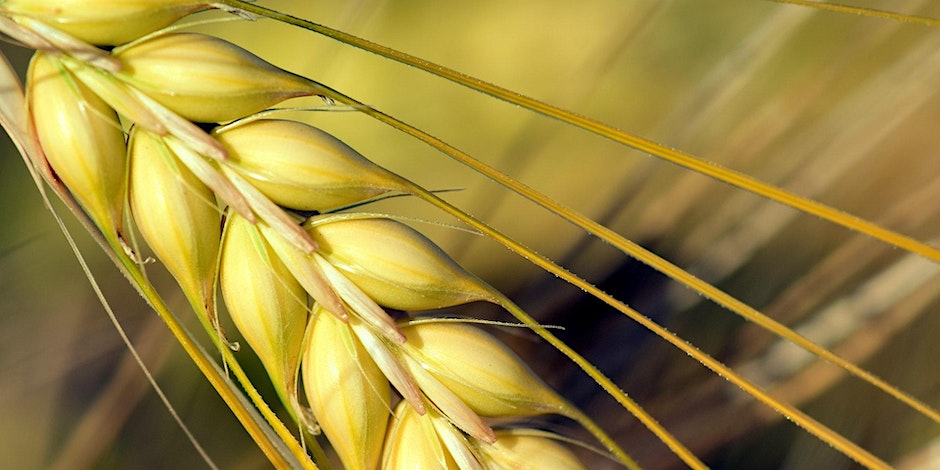
Speaker Bios:
Viktor Korzun has his BS in Agronomy & Breeding from the Belarussian Agricultural Academy and a PhD in Plant Genetics from the Institute of Genetics and Cytology, Academy of Sciences of Belarus. He was a visiting scientist at Cambridge Laboratory, John Innes Centre for Plant Science Research, Norwich, UK and postdoctoral researcher at the Institute of Plant Genetics and Crop Plant Research, Gatersleben, Germany. In1999 he moved to KWS as Head of Cereals Breeding Technologies. From 2018 he has his current role as Global Lead Scientific Affairs with focus on national and international collaboration, relationships with worldwide leading universities and institutions and support of young talented scientists in plant breeding related research. Viktor Korzun has more than 30 years of experience in development and application of molecular markers and novel breeding technologies in cereal crops. He has authored 170 scientific publications (h-index is 70) and is an Associate Editor of the Journal Molecular Breeding, Frontiers in Plant Science and a Section Board Member of the Plants (MDPI), Plant Genetics, Genomics and Biotechnology.
Summary:
Feeding a global population set to reach 9 billion by 2050, in the face of climate change and pressure on finite natural resources, will require a 70% increase in global agricultural output while reducing input use and GHG emissions. At the same time, there are growing opportunities and demands for the use of plant-derived biomass to provide livestock feed and for other uses, including renewable materials to support the bioeconomy, thereby decreasing dependency on imports and reducing regional and global environmental impact. Securing a sustainable global supply of high-quality food and feed and supplying renewable biomass for the production of bio-based products and energy are key priorities for both European and global societies. In the coming decades, the European plant sector will play a central and essential role in meeting this challenge and achieving this will depend strongly on the generation and transfer of new knowledge, and greater innovation in the plant sector. In this context, genomics and especially related molecular genetic technologies play an important role in the creation of new plant varieties that optimally combine high and stable yields with resistance to abiotic stresses and biotic factors of the cultivation environment. Over the past decade, molecular marker technology has provided a wide range of innovative approaches to improve the efficiency of modern breeding strategies and methods. The availability of new molecular tools and technologies has a significant impact on the planning and development of the critical elements of breeding required to accelerate this time-consuming and laborious process. Monitoring of genetic diversity associated with successful breeding, targeted use of plant genetic resources, examples of specific applications of molecular markers in cereal breeding, the potential of genomic selection and the use of genomics and gene edits in cereal breeding will be presented and discussed using the example of cereals.

